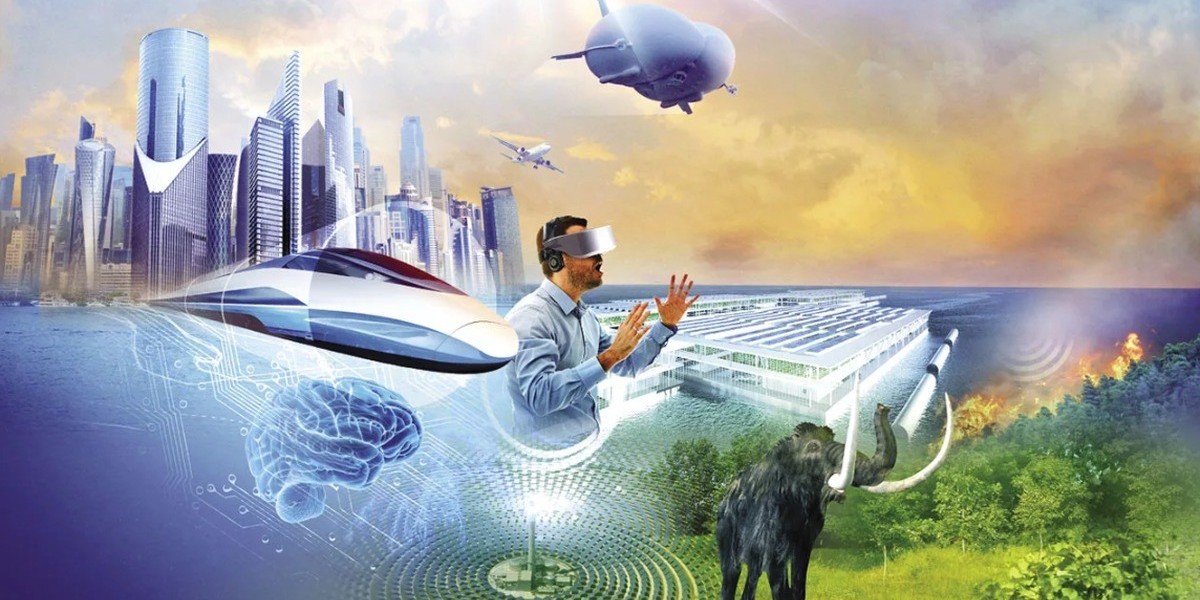The fast-growing hospitality industry is one of the major contributors to the economies of both developed and developing countries and has become stronger than ever with the introduction of information technology in this sector. JF Consultants recognize that the last two decades have witnessed significant changes in the IT sector, and the industry has been revolutionized by automation and mechanization with innovative technologies that have brought various benchmarks and advancements for future progress in the coming years. The ICTI created is important for the strategic management of an organization, as it allows it toExpand into new markets
Empower employees
Reduce costs
Increase Distribution
Below are some examples of the application of IT/ICT in travel and tourism:
E-tourism: E-tourism or travel technology digitizes all the processes and value chains in the tourism, travel, hospitality and hospitality industry, enabling organizations to maximize efficiency and effectiveness. The scope of e-tourism includes not only computerized reservation systems but also the broader tourism sector and hospitality industry. Travel technology includes all business functions such as e-commerce and e-marketing, e-finance and e-accounting, e-HRM, e-procurement, e-strategy, e-planning, e-management, e-tourism applications, etc. Flight tracking systems, dynamic packaging, reservation systems (CRS), global distribution systems (GDS) Extensible Markup Language (XML) Customer relationship management Audio tours GPS tours Biometric passports Virtual tours Mobile technology Social networks Space tourism These are some of the major applications. The development of e-tourism in travel and tourism. These applications have changed the face of the tourism industry. Advances in technology have disrupted the way the industry works, created new challenges and introduced new ways of doing business. We have understood user-centric innovations that define how we share information and the resources we rely on to make choices. Advances in technology have brought many potential travelers into the tourism sector, creating unprecedented opportunities. Demographic changes will increase the interest of tourism planners as consumers continue to demand customized and personalized products and services. Rights and equality are at the center of attention, so issues such as access are considered as criteria to evaluate goals. That's all for today's lesson.








